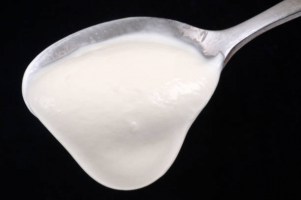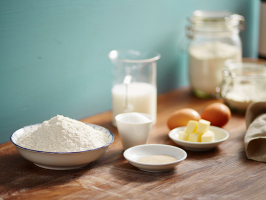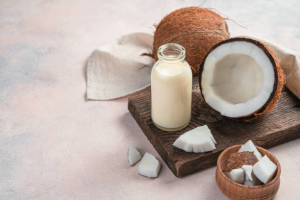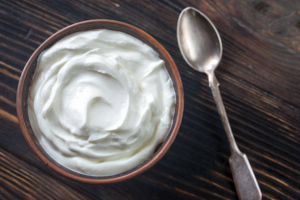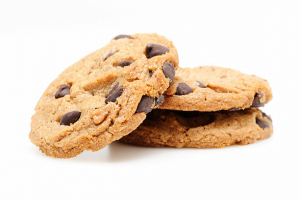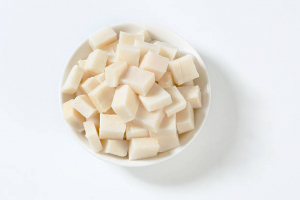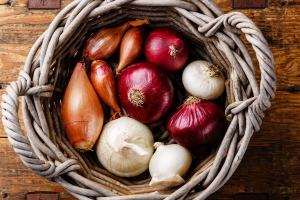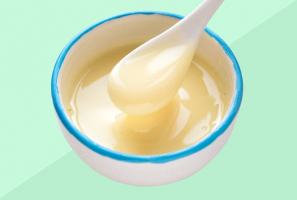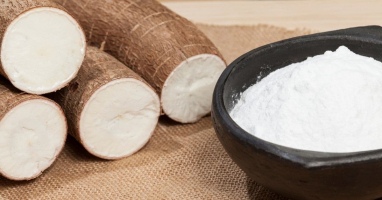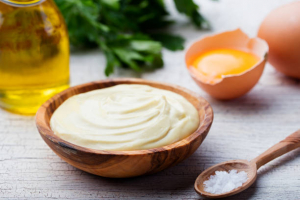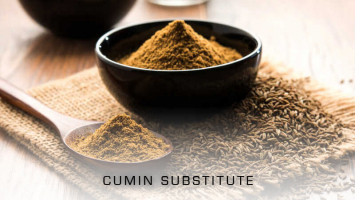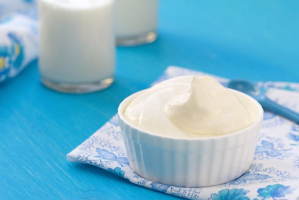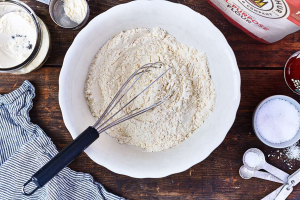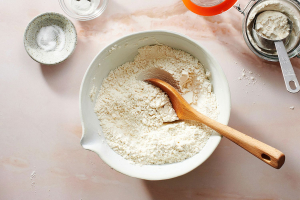Top 10 Best Substitutes for Peanut Butter
The versatile ingredient peanut butter can be used in both sweet and savory recipes. However, peanuts are the most common food allergen among adults, you might ... read more...want to look for some alternatives. Below are some delectable peanut butter alternatives that offer the same flavor without the potential risks.
-
Roasted almonds are used to make almond butter. It's a well-liked spread that offers a nutty alternative for those who dislike the taste of almonds as well as those who have allergies to peanuts.
It has nearly the same usage and texture as peanut butter, and its nutritional content is comparable. Almond butter has more minerals and less sugar than peanut butter, which has a slight advantage in protein and fiber. Both types of butter have almost the same levels of calories, carbs, and fat. As a result, it works as a 1:1 replacement in the majority of recipes. When used in baked goods, almond butter may, however, change the final outcome. Additionally, almond butter has more mono- and polyunsaturated fatty acids than peanut butter in terms of good fat content. It also contains a lot of fiber, which helps you feel fuller for longer. It has a low glycemic index, like most butter, therefore it won't cause a blood sugar surge.
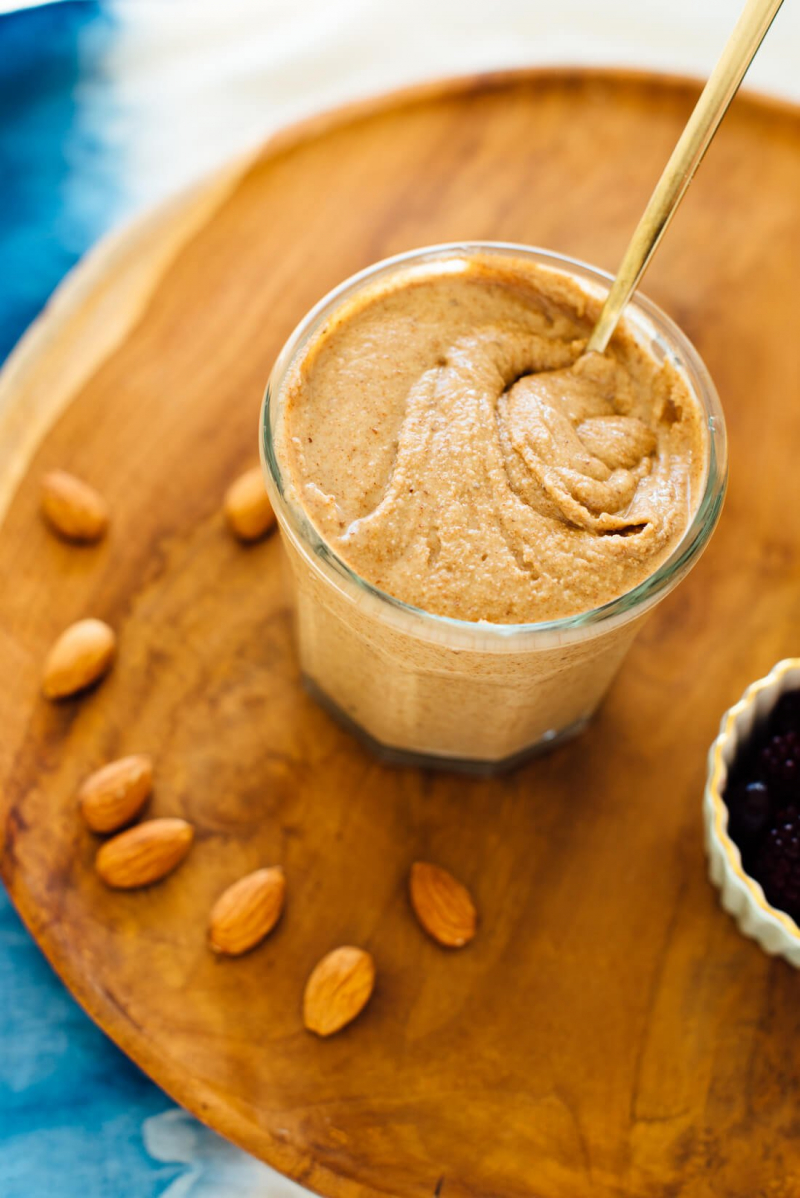
Almond butter 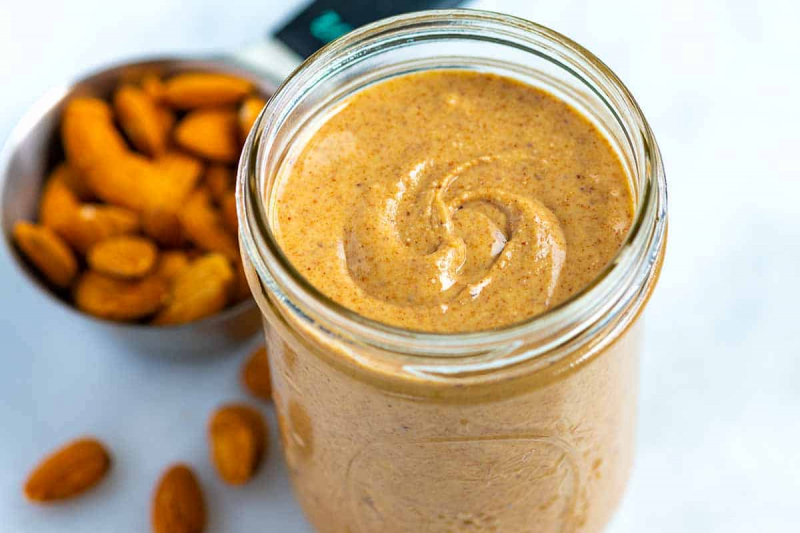
Almond butter -
Due to their comparable textures, cashew butter and peanut butter make a tasty alternative for spreading or baking. Additionally, it's a great source of magnesium, a mineral necessary for controlling blood pressure and blood sugar. It may help adults in meeting the recommended Daily Value (DV) because it offers 20% of the Daily Value (DV) in a 2-tablespoon (32-gram) serving.
With 5.6 g of protein in the same 2-tablespoon (32-gram) serving, it has slightly less protein than peanut butter in terms of macronutrient content. Although there is little data on cashews' health advantages, one study found that consuming 28–64 g of them daily reduced levels of total and LDL (bad) cholesterol compared to the control group. You may also replace peanut butter with cashew butter in a 1:1 ratio and use it as a fruit dip, sandwich spread, or topping for yogurt or oatmeal.
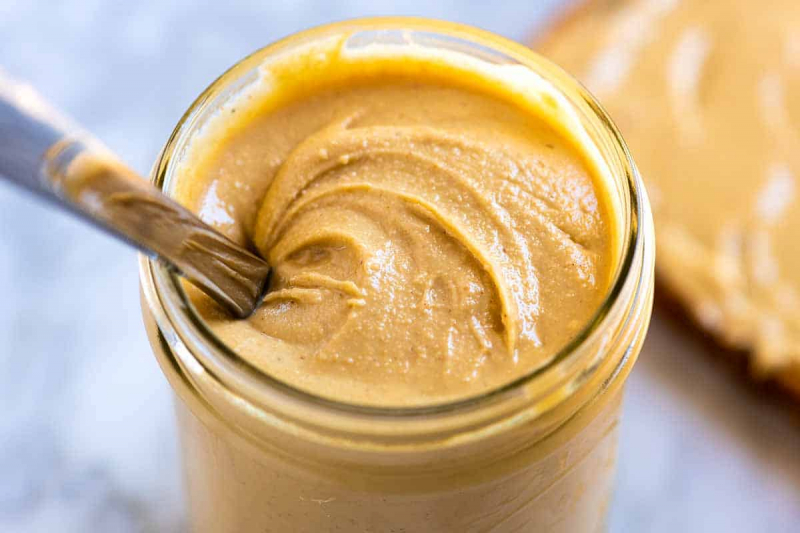
Cashew butter 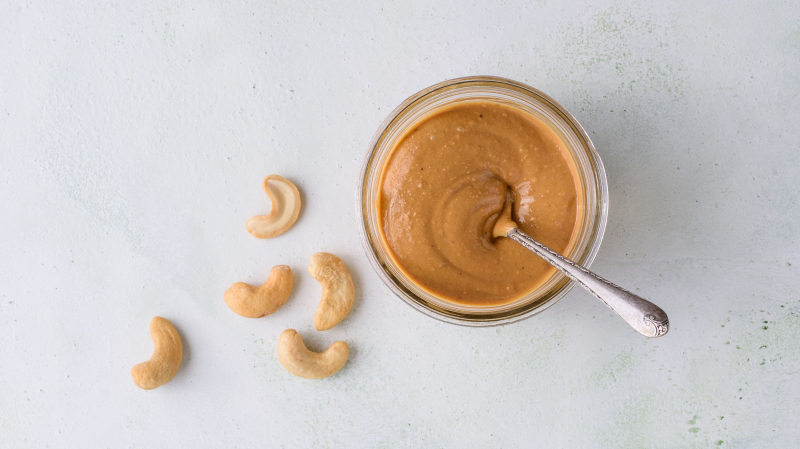
Cashew butter -
Walnut butter is a brain superfood that tastes great and is also healthy for you, it can go well with a range of meals and is a great beauty aid. This great butter also has a nutty flavor similar to peanut butter.
It offers a variety of beneficial nutrients, such as dietary fiber and healthy fats like omega-3 and omega-6 polyunsaturated fatty acids. In fact, among all tree nuts, walnuts have the highest omega-3 to omega-6 ratio. The healthful fat ratio helps lower LDL cholesterol, increase HDL cholesterol, and reduce inflammation. According to research, eating 21–75 g of walnuts daily may lower blood cholesterol levels and enhance blood vessel function, which may lower the risk of heart disease. This is because walnuts have a high omega-3 fatty acid profile, a group of heart-healthy fats. Walnut butter can be used in the same ways as peanut butter, on toast, in smoothies, and on fruit.
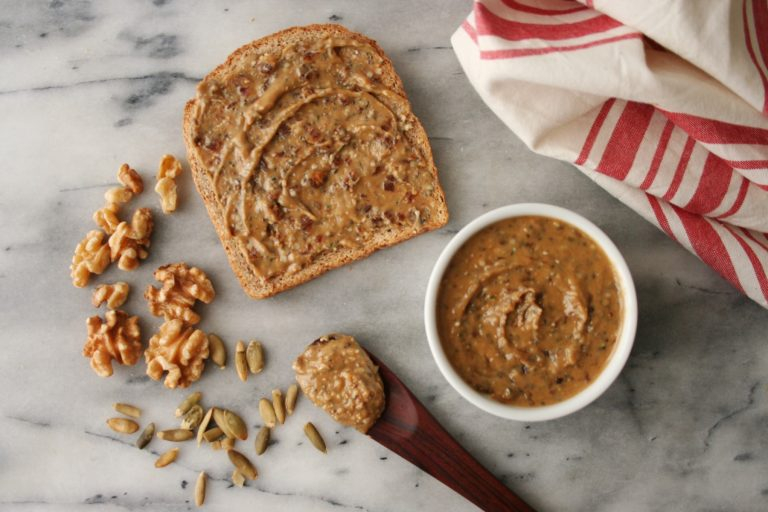
Walnut butter 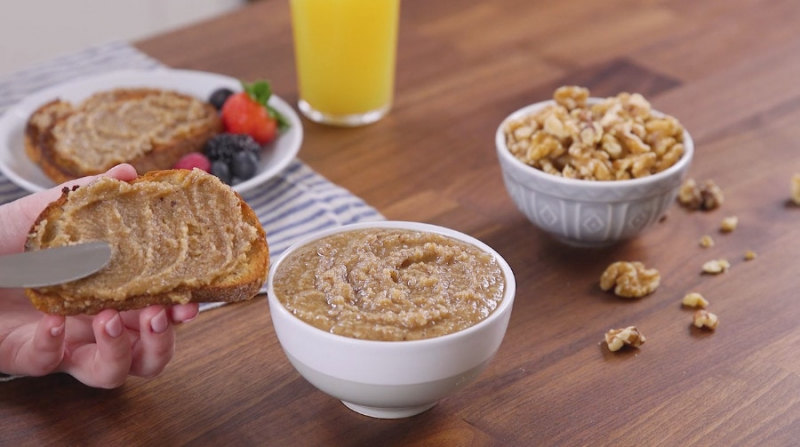
Walnut butter -
Less processed hazelnut butter works well as a healthy alternative to peanut butter, unlike Nutella, a type of hazelnut spread that is high in sugar and unhealthy fats. Hazelnut butter is made from ground and roasted hazelnuts; it may also have flavor-enhancing chocolate additions but without the added sugars. However, it's mainly used in desserts and other sweet foods, much like Nutella.
The profile of monounsaturated fatty acids in hazelnuts is high. In fact, they contain a very high amount of omega-9 fatty acids, which are good for heart health and are the second-richest source of monounsaturated fatty acids among nuts. According to studies, eating 30-70 g of hazelnuts daily may dramatically lower levels of LDL (bad) and total cholesterol. Magnesium, calcium, manganese, iron, copper, and zinc are also abundant in them. Additionally, they are thought to be antioxidant-rich and contain a lot of vitamin E and phenolic compounds, which may have anti-inflammatory properties.
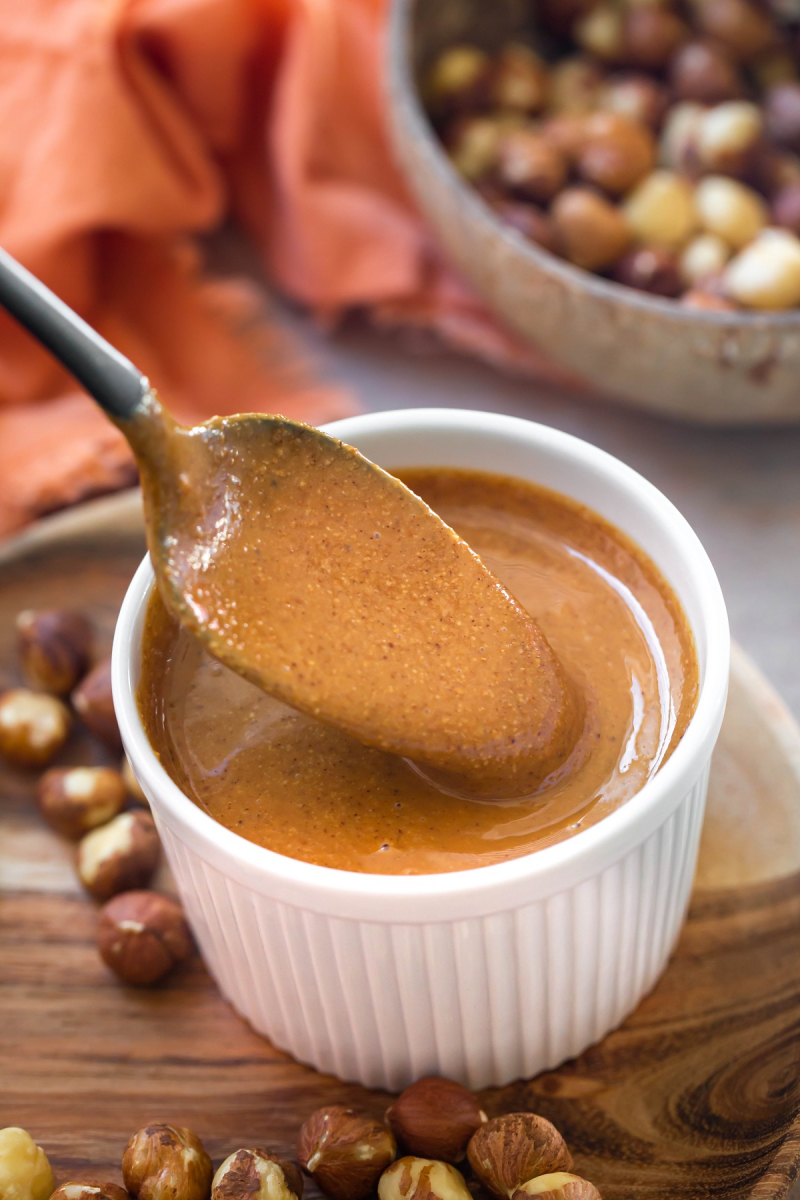
Hazelnut butter 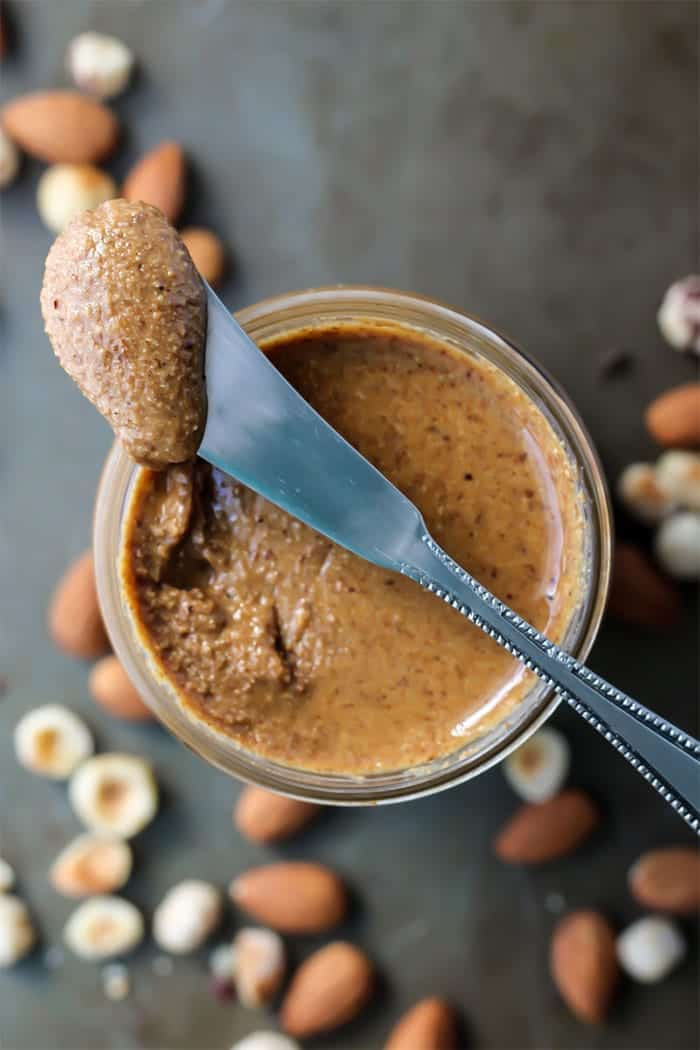
Hazelnut butter -
Pecans are a good source of heart-healthy fats, fiber, and antioxidants, just like the other tree nuts on this list. They may lower blood cholesterol levels and increase insulin sensitivity, or how your cells react to insulin, which lowers the risk of heart disease and type 2 diabetes.
Pecans are rich in vitamin E, carotenoids, and ellagic acid, which both fight free radicals in the body and protect people from infections, cancers, heart disease, and other illnesses. This makes them one of the nuts highest in antioxidants! With only 4 grams of carbs per 2-tablespoon (32-gram) serving, they offer a lower carb count than peanut butter and are also a rich source of magnesium, manganese, and zinc. In most situations where peanut butter would be appropriate, pecan butter can be used instead. It can be spread on toast, added to baked goods, or consumed with fruit and yogurt.
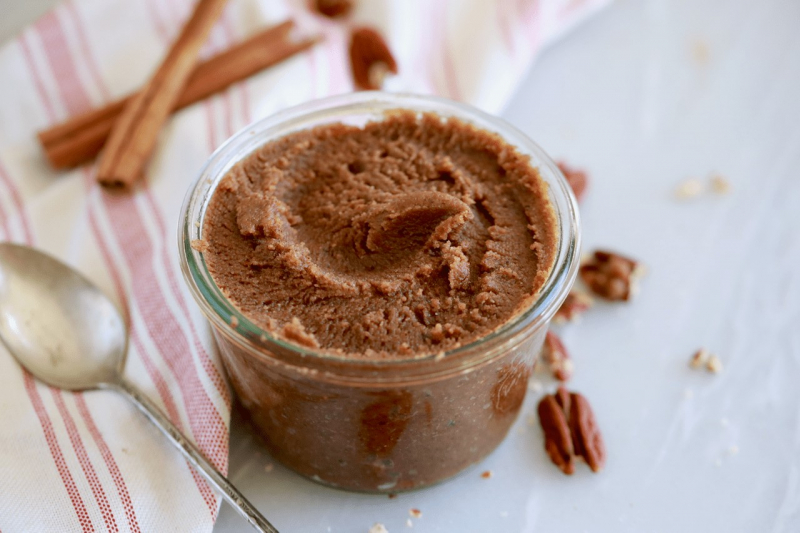
Pecan butter 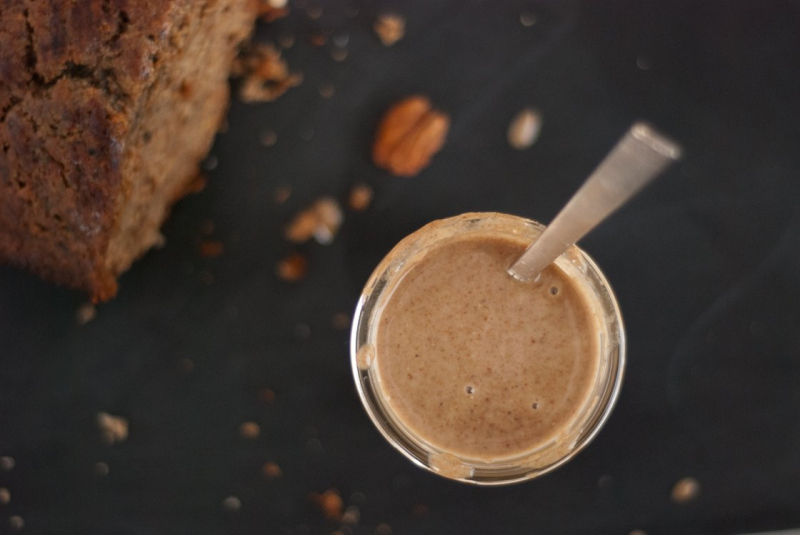
Pecan butter -
A paste made from roasted sesame seeds is called tahini. In the Middle East, it's typically used as a condiment. The sesame seeds that makeup tahini may be small, but they’re a great source of protein, fiber, monounsaturated fats, and vitamins B1 and B2.
In terms of nutrients, tahini is comparable to peanut butter. 16 grams of fat, 5 grams of protein, 6 grams of carbohydrates, and 1.4 grams of fiber are present in a 2-tablespoon (30-gram) serving. As a product of sesame seeds, tahini is high in sesamin and sesamolin, two antioxidants linked to healthy cholesterol and blood sugar regulation, lowered blood pressure, anti-cancer properties, and a reduction in menopausal symptoms. Tahini is a good substitute for peanut butter in sauces and dressings, even though it is rarely eaten on its own. As it goes well with jams and jellies, it can be used as a sandwich spread.
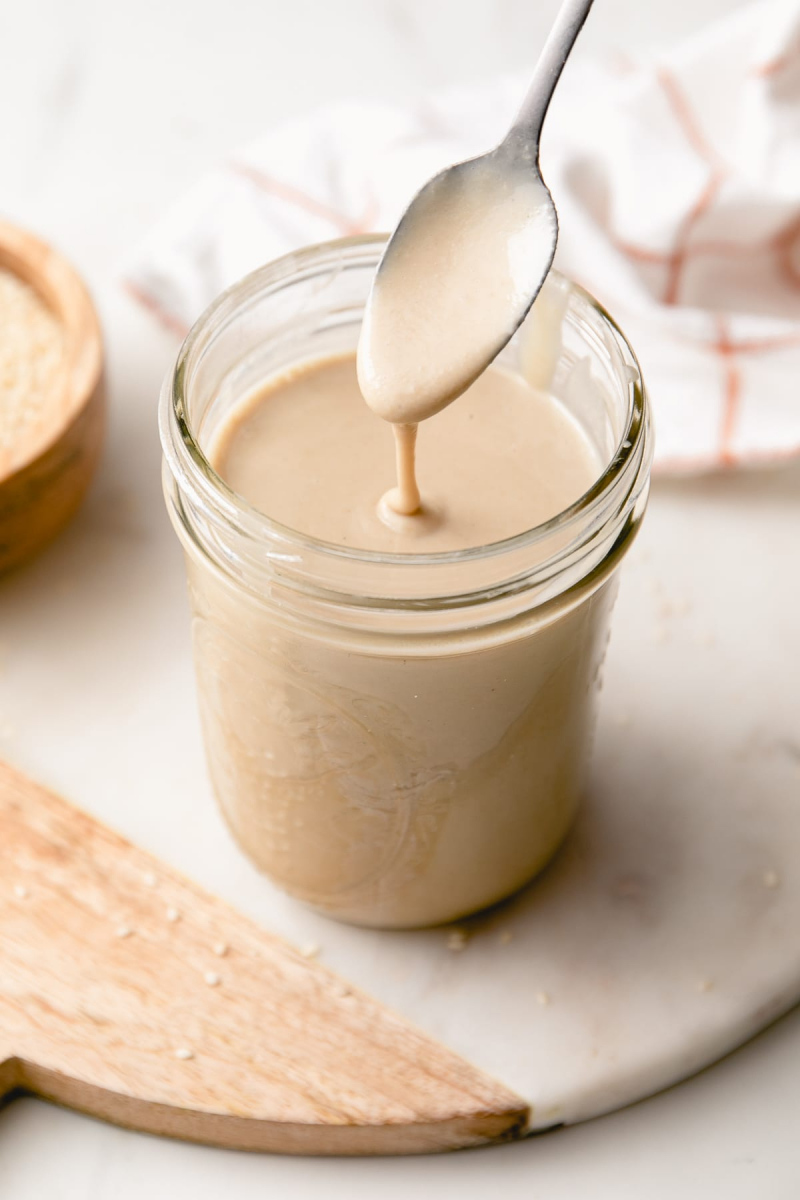
Tahini 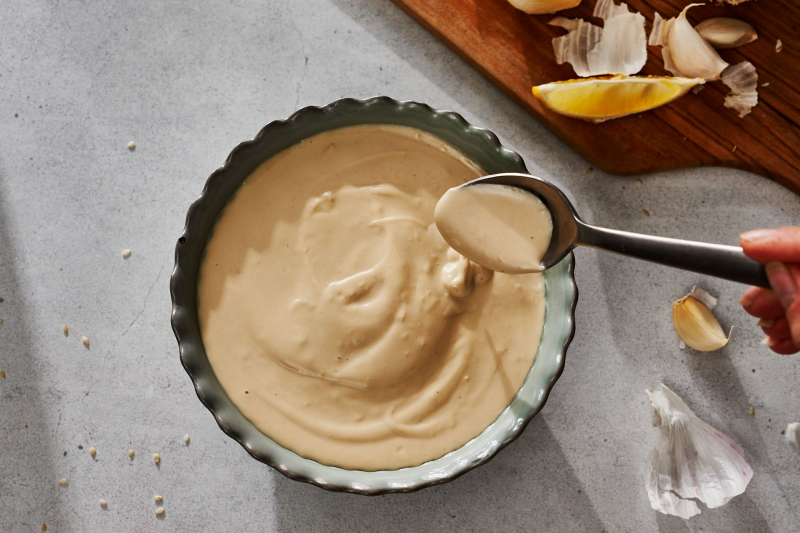
Tahini -
A creamy, nutrient-rich spread made from ground sunflower seeds is called sunflower butter, sometimes known as sunflower seed butter. It's a great option for people who are allergic to nuts like peanuts or tree nuts thanks to its mild flavor and health benefits.
In terms of nutrition, sunflower seed butter is superior to peanut butter because it provides 7%, 29%, and 49% of the Daily Value (DV) for iron, manganese, and vitamin E, respectively. Omega-6 fatty acids and chlorogenic acids, which may help in the control of blood sugar and cholesterol, are also naturally abundant in sunflower seeds. They have consequently been linked to a lower incidence of heart disease and type 2 diabetes. Sunflower seed butter works well as a substitute for peanut butter in savory dishes like dressings and sauces. However, people who are sensitive to mugwort pollen may experience a reaction.
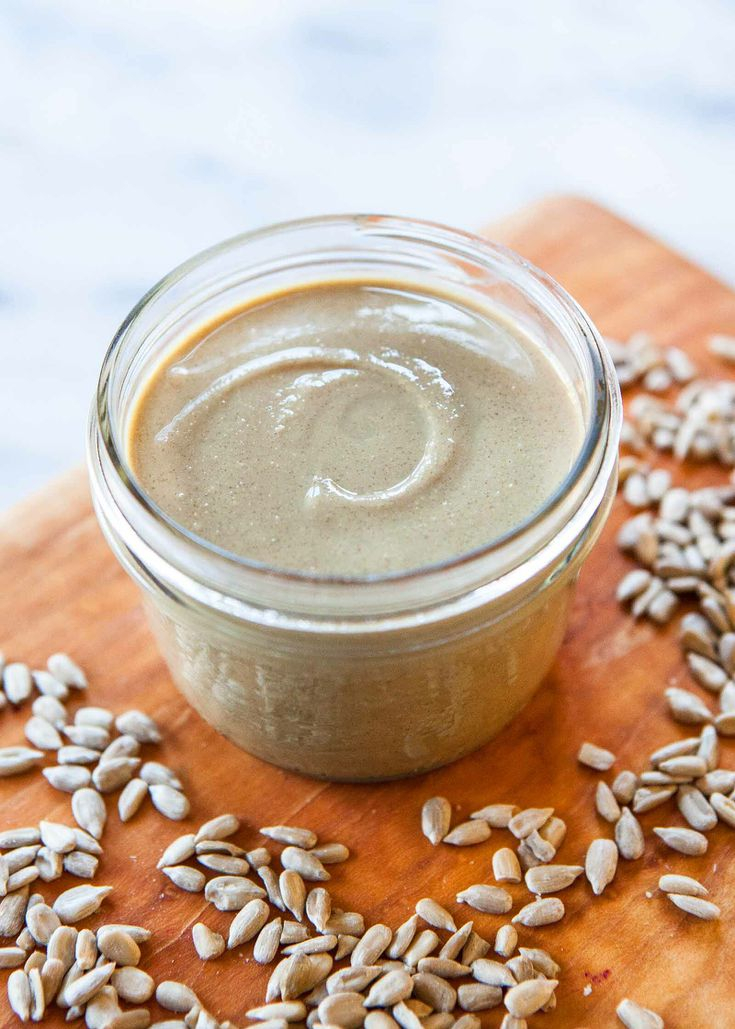
Sunflower seed butter 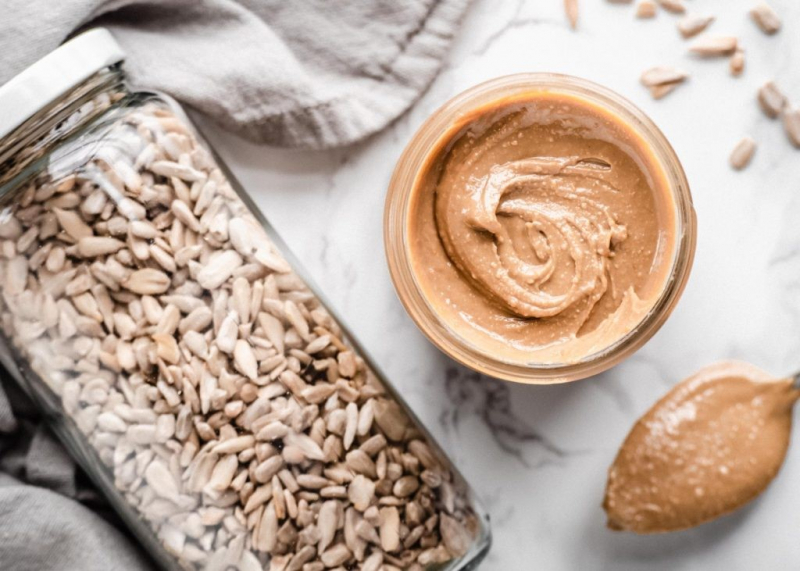
Sunflower seed butter -
Spread made from the shredded coconut meat is called coconut butter. It contains less protein and more fat than peanut butter. Due to the use of coconut oil, it also has a slightly stiffer consistency. Coconut oil hardens because it is saturated fat.
Despite being a source of saturated fat, coconut oil contains 65% medium-chain fatty acids, which have a different metabolic than long-chain fatty acids. Improved cognitive function, a healthier lipid (fat) profile, and higher energy expenditure have all been linked to medium-chain fatty acids' health benefits. However, there is conflicting evidence about the effects of coconut oil on blood cholesterol. According to some research, limiting your intake to less than 10% of your daily caloric needs may lower your LDL (bad) cholesterol levels and reduce your risk of heart disease. Use coconut butter as a sandwich spread, an addition to cereal, yogurt, or smoothies. But keep in mind that using this peanut butter alternative in moderation could be ideal.
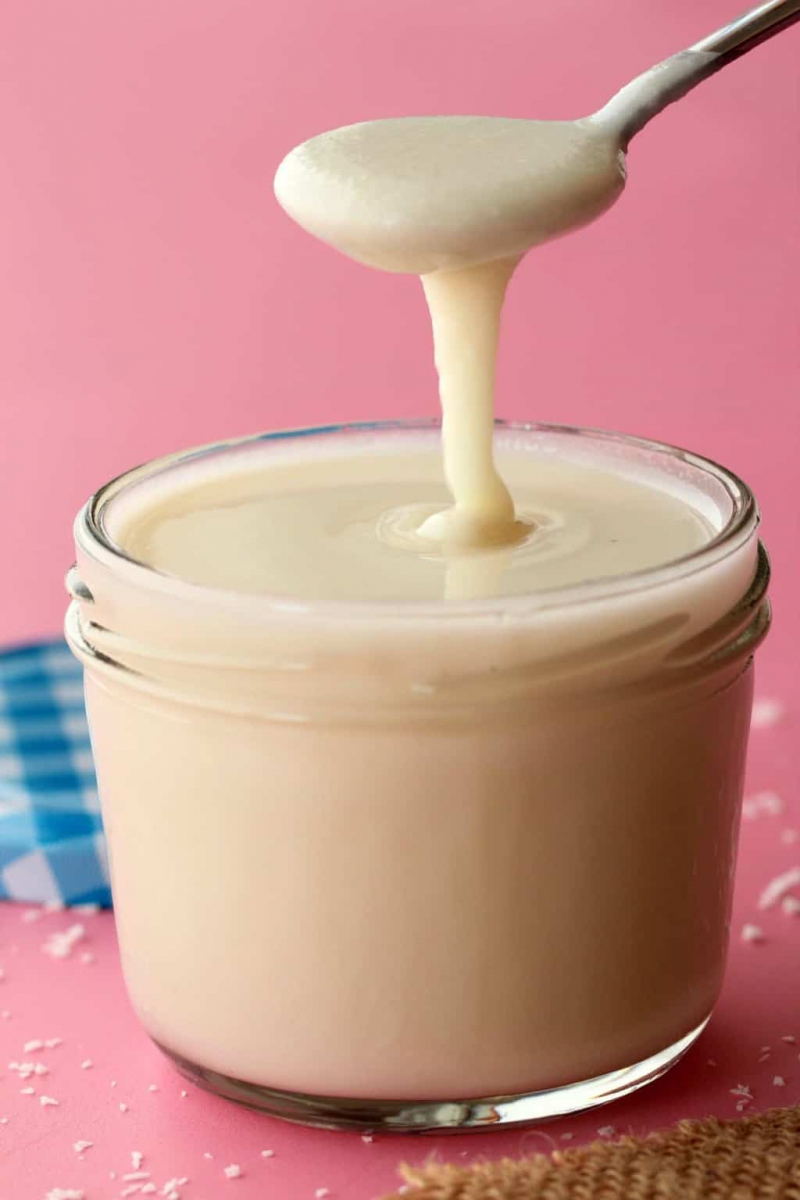
Coconut butter 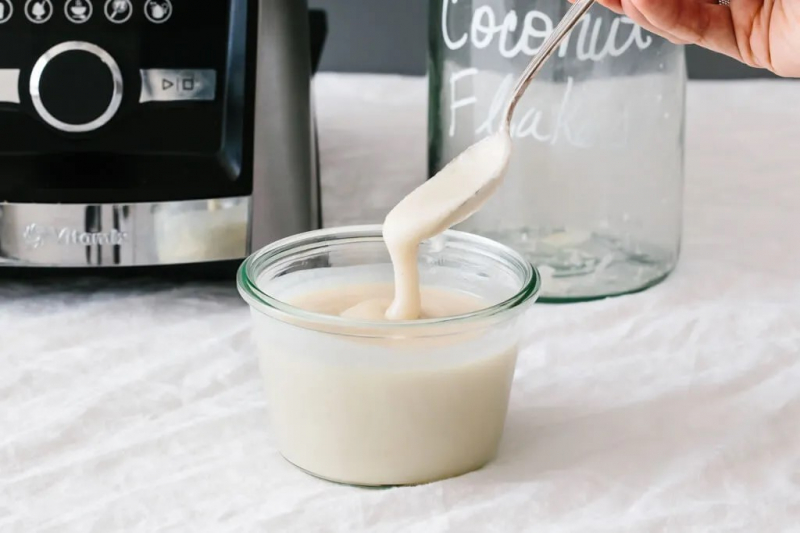
Coconut butter -
Soy nut butter is a peanut butter substitute made from roasted soybeans, rather than peanuts. Soy nut butter was originally developed for people with allergies to peanuts and tree nuts. Its flavour, nutrient content, and thick, creamy consistency are comparable to peanut butter.
The majority of soy products are good sources of protein, and soy nut butter is no exception. Isoflavones are healthy plant compounds that resemble the effects of oestrogen in the body. As a result, it might help alleviate menopausal symptoms brought on by a drop in oestrogen levels. Lowering the levels of triglycerides, LDL (bad), and total cholesterol is a great way that soy proteins and isoflavones in soy products are associated with positive impacts on heart health. However, bear in mind that people with soy allergies should not consume soy nut butter.
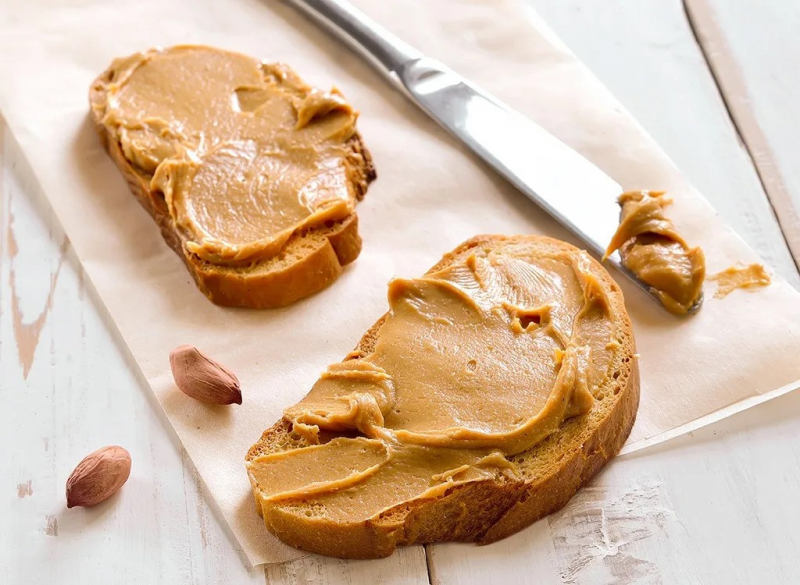
Soy nut butter 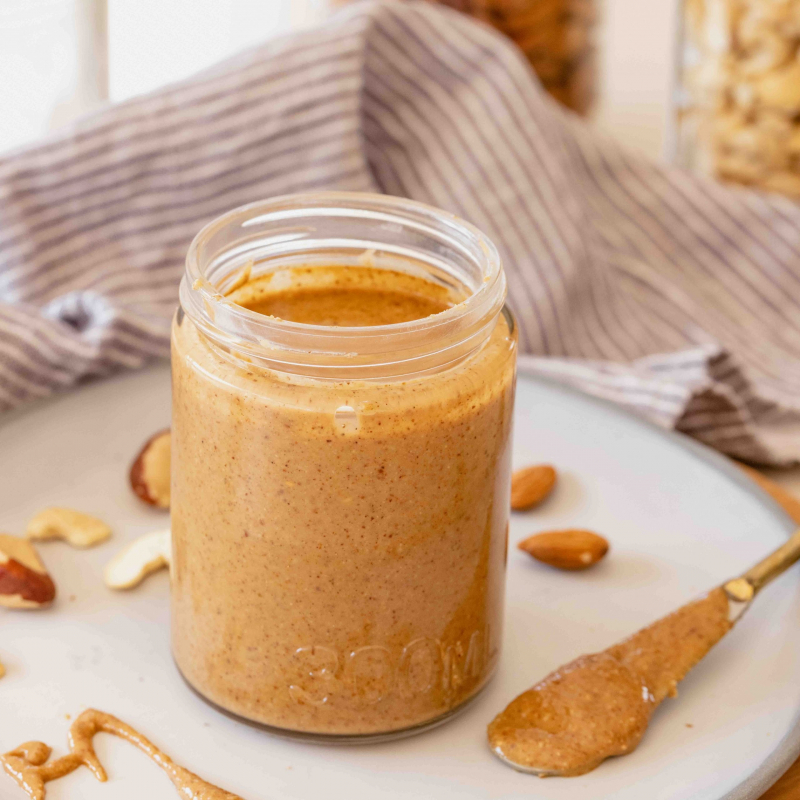
Soy nut butter -
Granola butter is a nut- and gluten-free spread mostly composed of the humble oat. Flax seeds, olive oil, and coconut oil are frequently used as additional ingredients. It’s a nut-free, flavor-packed spread that’s easy to make at home!
Granola is calorie-dense, as well as rich in protein, fiber, and micronutrients. In particular, it may provide iron, magnesium, zinc, copper, selenium, B vitamins, and vitamin E. Granola butter has many health advantages because it is made from oats and is therefore high in fiber. These advantages include prolonged feelings of fullness, improved blood sugar control, and cholesterol-lowering effects. The best uses for granola butter include topping oatmeal and yogurt, spreading it on bread or pancakes, and substituting it for peanut butter in sweet sauces and salads.
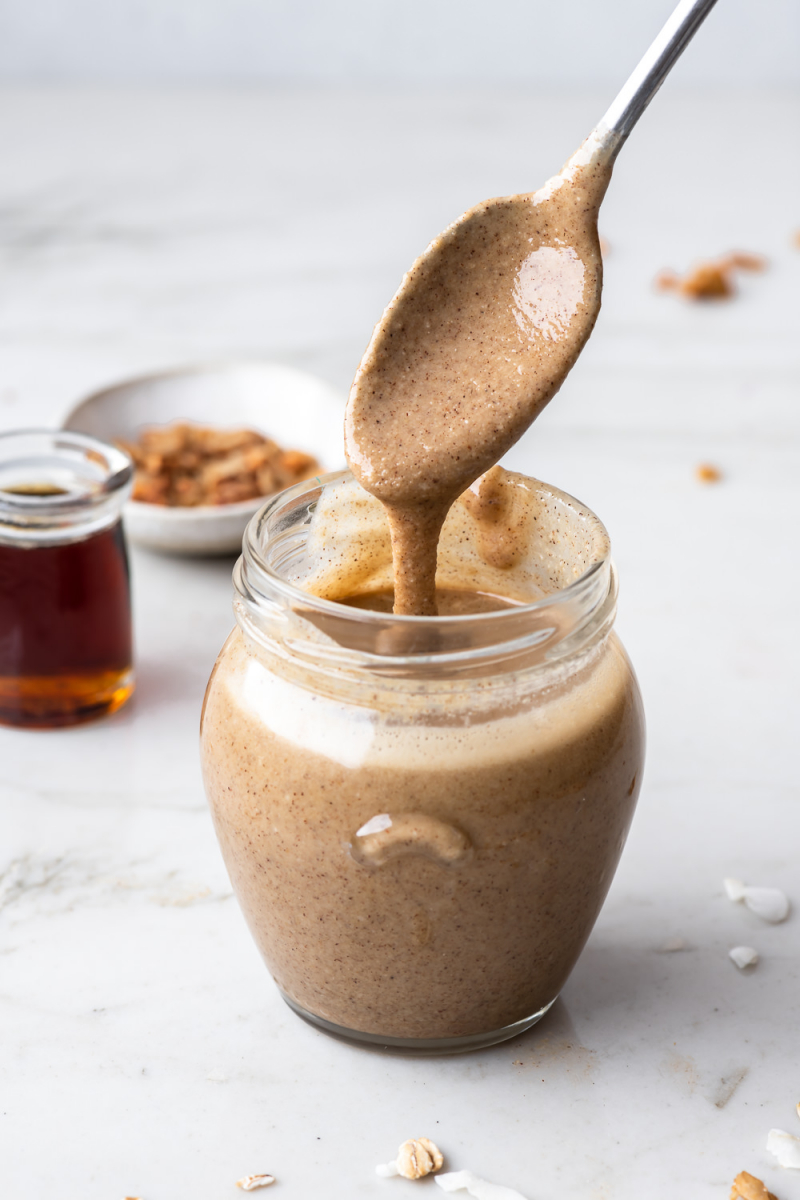
Granola butter 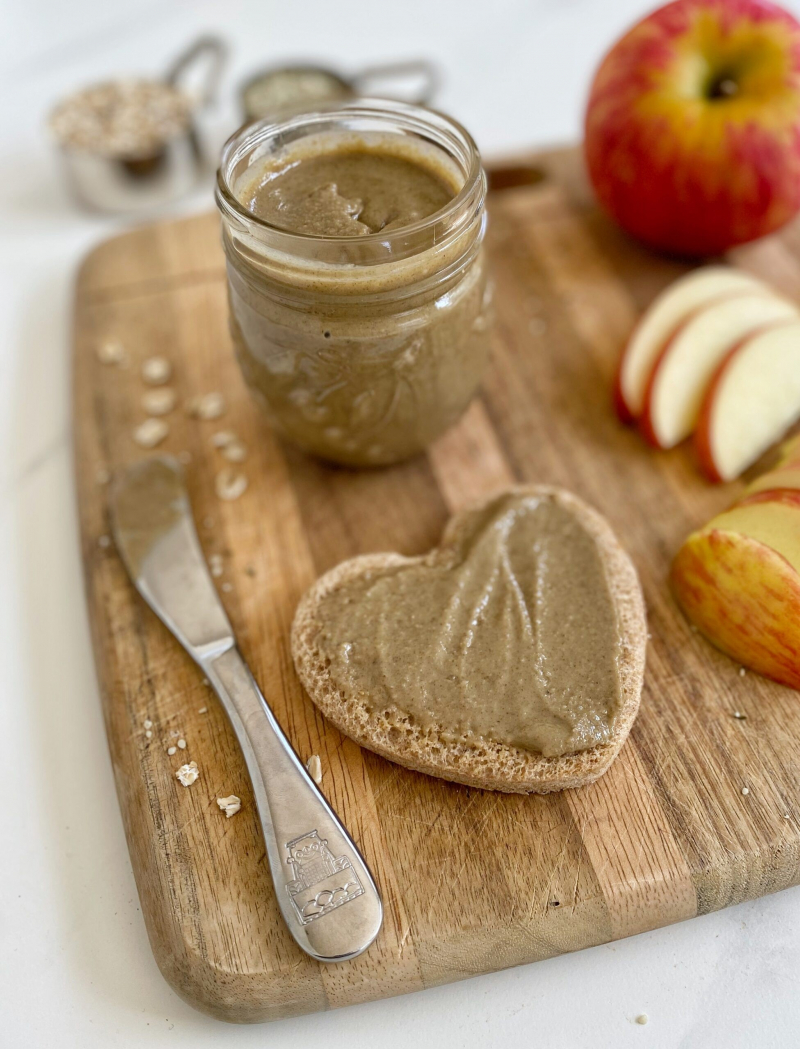
Granola butter













